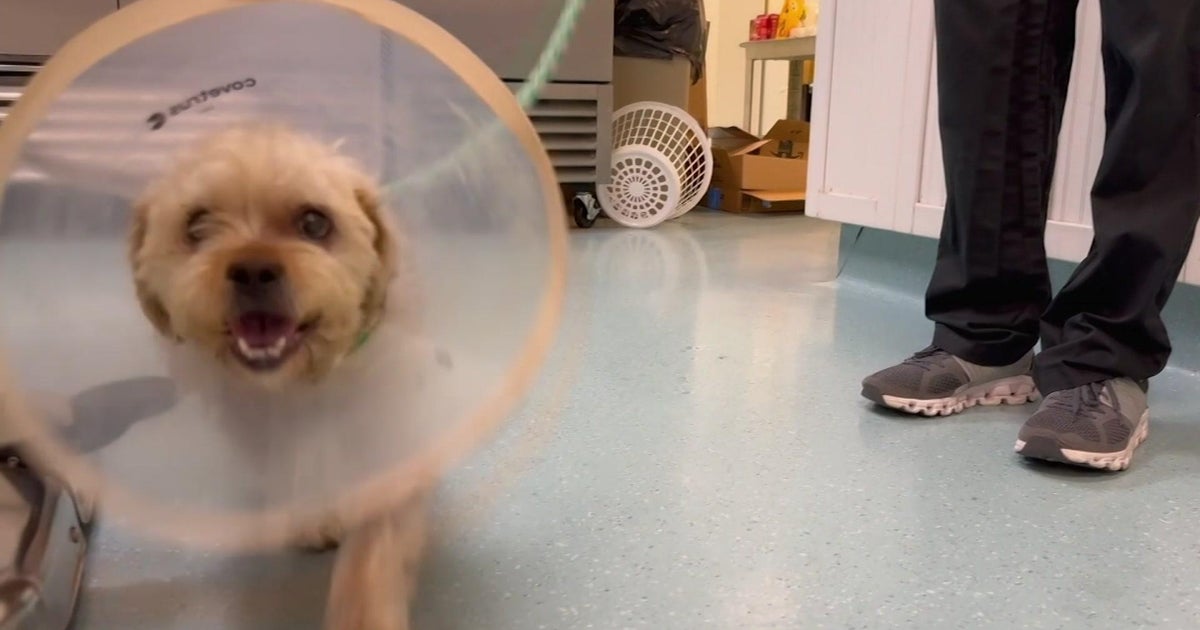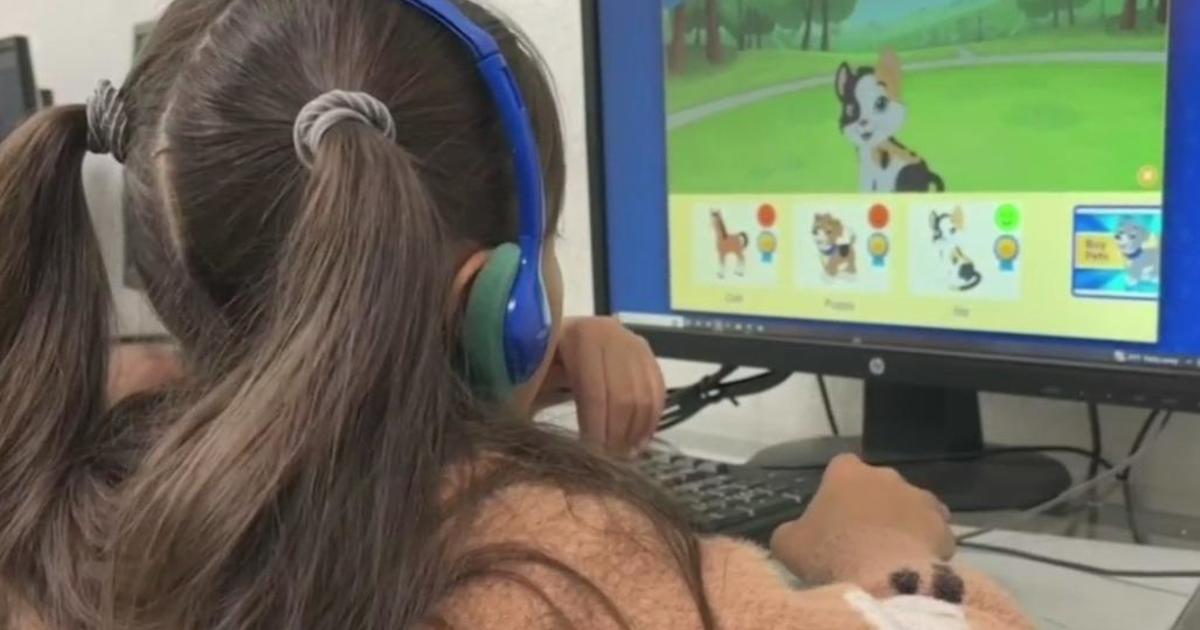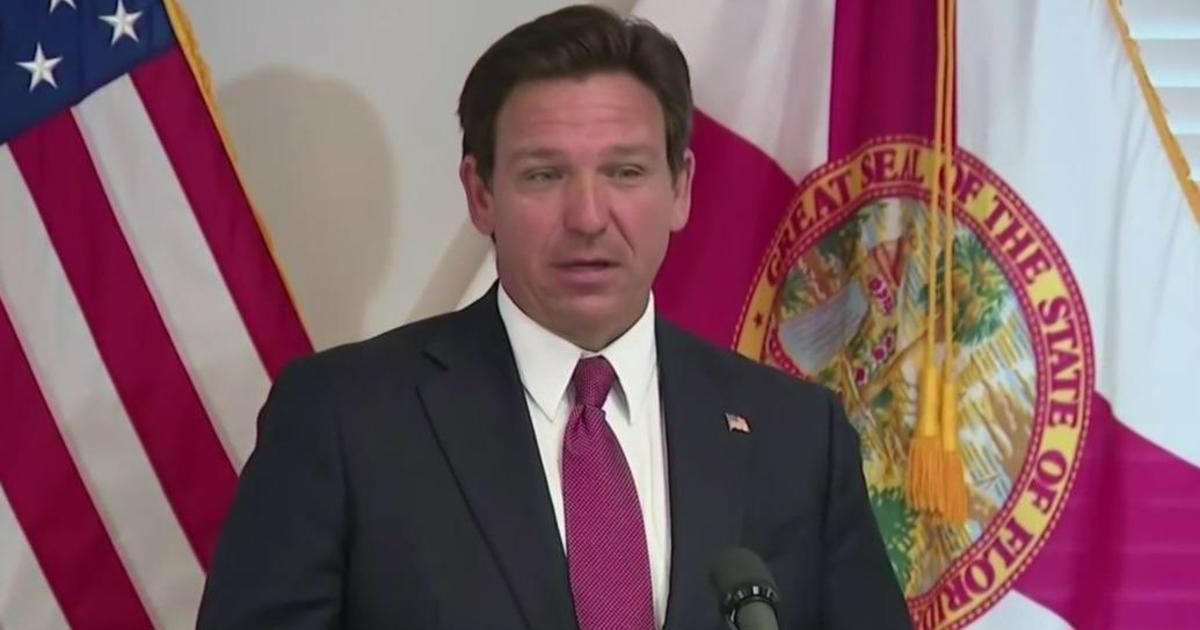Health Effects Of Napping & What It Says About Your Lifestyle
MIAMI (CBSMiami) -- Many Americans struggle with feeling tired during the day so the question is to nap or not to nap.
One researcher said something that may happen during a nap could be a clue as to whether you're actually sleep deprived.
Research shows there are clear benefits to some quick shut-eye.
"It can help you compensate for a lifestyle of reduced sleep at night, not getting enough sleep at night. Make your alertness better. It can improve your memory," said sleep researcher David Dinges.
Dings said naps can also be counterproductive and people should be strategic.
"You have to understand that you're taking a dose of sleep. You have to think about it the way you might consume a dose of food, and then you don't want to overeat and you don't want to undereat," said Dinges.
Dinges said the ideal time for nap is generally between 1:00 p.m. and 4:00 p.m. Napping later can interfere with nighttime sleep.
He says for a quick boost of alertness, a 10 to 20 minute power naps work best. To help with memory, 60 minutes of snoozing may do more good. The downside of a longer nap is it can leave you groggy.
"It can take as much as 20 to 30 minutes to overcome. It's best to get light on you and move around and take a shower or drink coffee to overcome it," said Dinges.
Naps can help you recharge, but they can also be an indication that you're sleep deprived.
"When you take a short nap, normally you should not be dreaming. If you're dreaming during a nap, that means you're not getting enough sleep overall," said Dr. Rafael Pelayo, a Standford University Sleep Expert.
Experts say it doesn't matter where you nap but to avoid a deep sleep, it's best to sit slightly upright.
For people with sleep conditions like insomnia or sleep apnea, napping isn't recommended.



